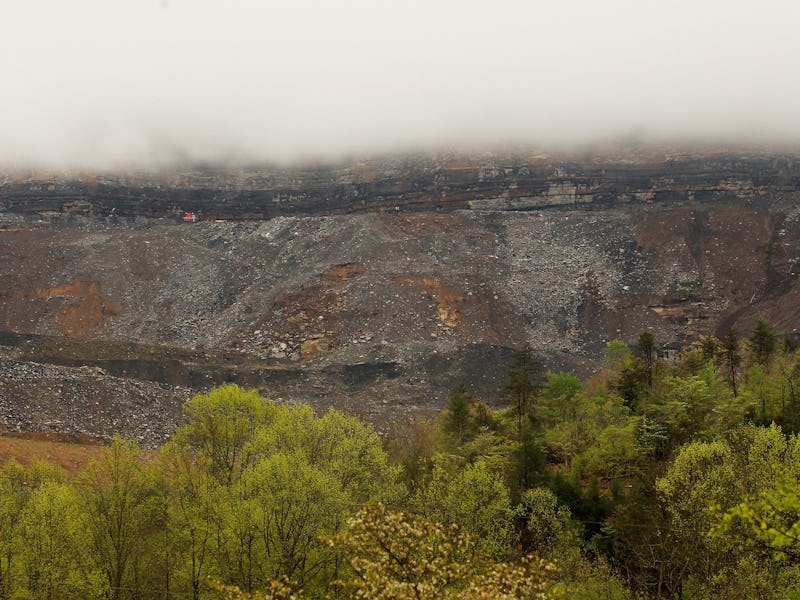A Little-Known Law is Ripping Up Obama's "Midnight Rulings"
The little-used tool is being handled an awful lot.

I used to do more interesting things at 3 a.m., but these days I pretty much just read the news. In the 19 days since Donald Trump was inaugurated, there has been such a volume of news that it feels like you can never quite afford to stop reading the news, especially in the middle of the night, because that’s probably when you finally have the time to try to find what news you missed before the next day arrives and everyone starts making more news. This is how I came upon the little-known Congressional Review Act.
Do not blame yourself for never having heard of the Congressional Review Act. I hadn’t before last week and for good reason; prior to Trump’s arrival, it had been successfully employed only one time: when Republicans used it to overturn an Occupational Safety and Health Administration regulation in 2001.
In its most basic form, the CRA is like a knife. It grants Congress the ability to conduct expedited reviews of new regulations (introduced within the last 60 legislative days) and ask the president to cut them. This ability isn’t used except in very rare circumstances like the one we’re in now: a change of administration where the president and the congressional majority belong to the same party. Then, overnight, the CRA becomes very powerful. It’s become one of the GOP’s favorite tools to slice off efforts made by Obama in the final days of his administration (“midnight rulings”), especially when it comes to the environment.
The CRA is getting a lot of use.
In February alone, House Republicans have already used it to kill such crucial environmental safety regulations as the Bureau of Land Management’s methane waste prevention rule, which prevented companies from venting natural gas on public and tribal lands; the Stream Protection Rule, which prevented companies from dumping mining waste like coal dust into local waterways; and a transparency rule that required oil and gas companies to disclose any payments made to foreign governments.
We knew the deletions were coming: In mid-November, the Congressional Research Service issued a memorandum outlining laws from the Obama administration that would be vulnerable to the CRA come January 20 — they found 48, and those are just the major ones. In addition to environmental rollbacks, the newly powerful GOP can undo Obama-era legal protections for sick leave, child care, Medicare, school lunch programs, drug treatment programs, programs to help military personnel transition back to civilian life, a 9/11 victim compensation fund, and food labeling, among others.
While signature GOP initiatives — like rolling back Obamacare and the Supreme Court nomination of Neil Gorsuch — won’t come through for weeks to months, the CRA can be used to chop up Obama’s attempts at saving the world from climate change. The Stream Protection Rule went into effect on his last day in office; it took a decade to write and was thousands of pages long, but the CRA needed just 10 hours to undo it. “Not only is the GOP Congress going to kill it — they’re going to try to make sure that it never comes back,” writes Paul Rauber of the Sierra Club about the Stream Protection Rule (R.I.P.).
The GOP is on the clock, though: A statute in the CRA allows for up to ten hours of debate per ruling and Democrats can’t filibuster these in the Senate, but they can take up the full ten hours each time in an attempt to slow things down and give the laws that are still standing a better shot at aging out of the CRA’s jurisdiction. Majority Leader Mitch McConnell is attempting to get around this by simply keeping the Senate in session around the clock. You know how we keep pointing around and saying “this is not normal”? Congress convening one of these sessions at 5:30 p.m. on a Friday is not normal.
A legal expert who wishes to remain anonymous tells Inverse that the GOP might be able to kill about 15 regulations before the window closes, which means we could see more rules to protect natural resources carved out of the books.